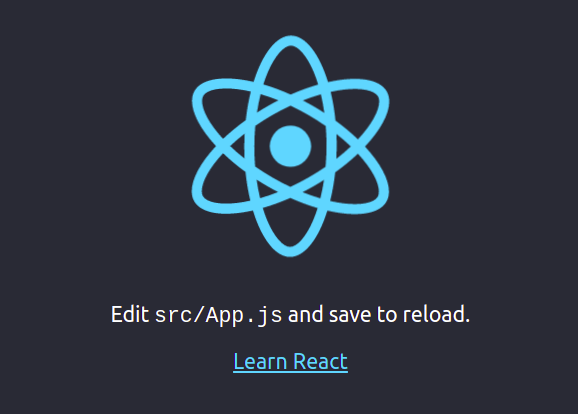
In this tutorial, we will show you how to install ReactJS on Debian 11. For those of you who didn’t know, React is an open-source JavaScript library and used to develop front-end web applications. It allows you to make reusable components for a single-page user interface. It is developed and maintained by Facebook and a large community of developers. ReactJS can be used in the development of Web Applications or Mobile Apps.
This article assumes you have at least basic knowledge of Linux, know how to use the shell, and most importantly, you host your site on your own VPS. The installation is quite simple and assumes you are running in the root account, if not you may need to add ‘sudo‘ to the commands to get root privileges. I will show you the step-by-step installation of the ReactJS on a Debian 11 (Bullseye).
Prerequisites
- A server running one of the following operating systems: Debian 11 (Bullseye).
- It’s recommended that you use a fresh OS install to prevent any potential issues.
- Access to a terminal or command line interface.
- Basic knowledge of JavaScript and web development concepts.
- A
non-root sudo useror access to theroot user. We recommend acting as anon-root sudo user, however, as you can harm your system if you’re not careful when acting as the root.
Install ReactJS on Debian 11 Bullseye
Step 1. Before we install any software, it’s important to make sure your system is up to date by running the following apt commands in the terminal:
sudo apt update sudo apt upgrade sudo apt install build-essential
Step 2. Installing Node.js.
Node.js allows you to run JavaScript on the server side and outside of the browser. Now we add the official Node.js repository manually on Debian 11:
curl -fsSL https://deb.nodesource.com/setup_current.x | sudo -E bash -
Once the repository is added successfully, you can now install Node.js using the following command below:
sudo apt install nodejs
Finally, check the Node.js version using the following command:
node -v
Check the npm version:
npm -v
Step 3. Installing React.js on Debian 11.
After installing the node and npm, to create an app, the following command is needed to download the necessary dependencies your app needs to run:
npm install -g create-react-app
Next, create a React app with the following command below:
create-react-app reactapp
Output:
Success! Created reactapp at /root/reactapp
Inside that directory, you can run several commands:
npm start
Starts the development server.
npm run build
Bundles the app into static files for production.
npm test
Starts the test runner.
npm run eject
Removes this tool and copies build dependencies, configuration files
and scripts into the app directory. If you do this, you can’t go back!
We suggest that you begin by typing:
cd reactapp
npm start
Then, change the directory into the app. NB: reactapp is the name of the app you want to create:
cd reactapp npm start 0.0.0.0
Output:
> reactapp@0.1.0 start > react-scripts start "0.0.0.0" Compiled successfully! You can now view reactapp in the browser. http://localhost:3000 Note that the development build is not optimized. To create a production build, use npm run build.
Step 4. Accessing ReactJS Web Interface.
Once successfully installed, open your web browser and test your React application using the URL http://your-server-ip-address:3000. You should see the React default page:

Congratulations! You have successfully installed ReactJS. Thanks for using this tutorial for installing the latest version of the ReactJS on Debian 11 Bullseye. For additional help or useful information, we recommend you check the official ReactJS website.